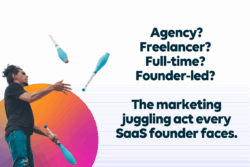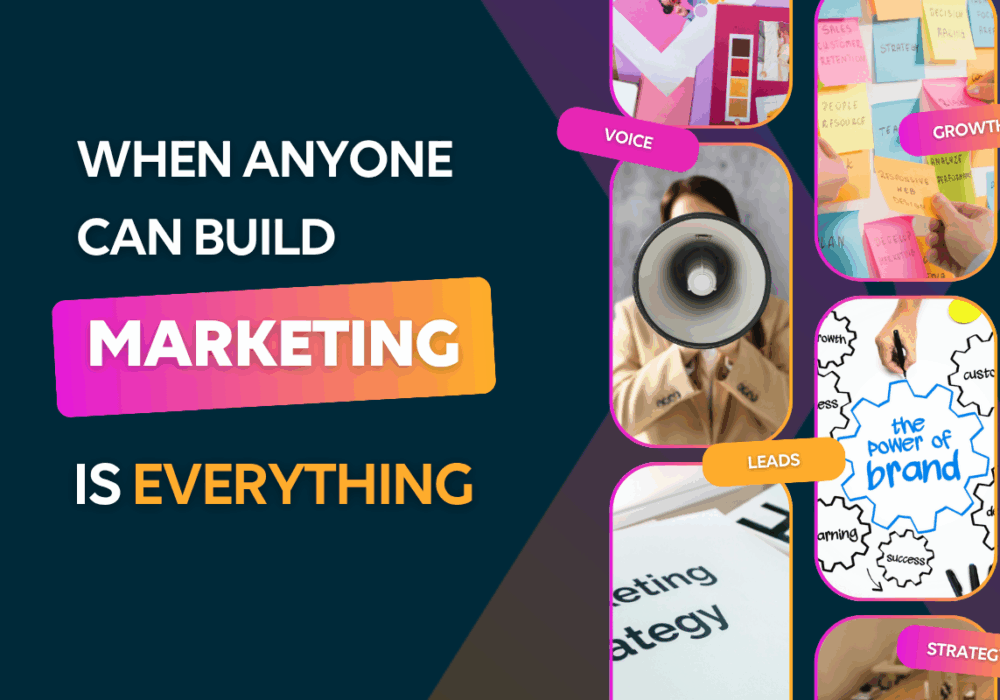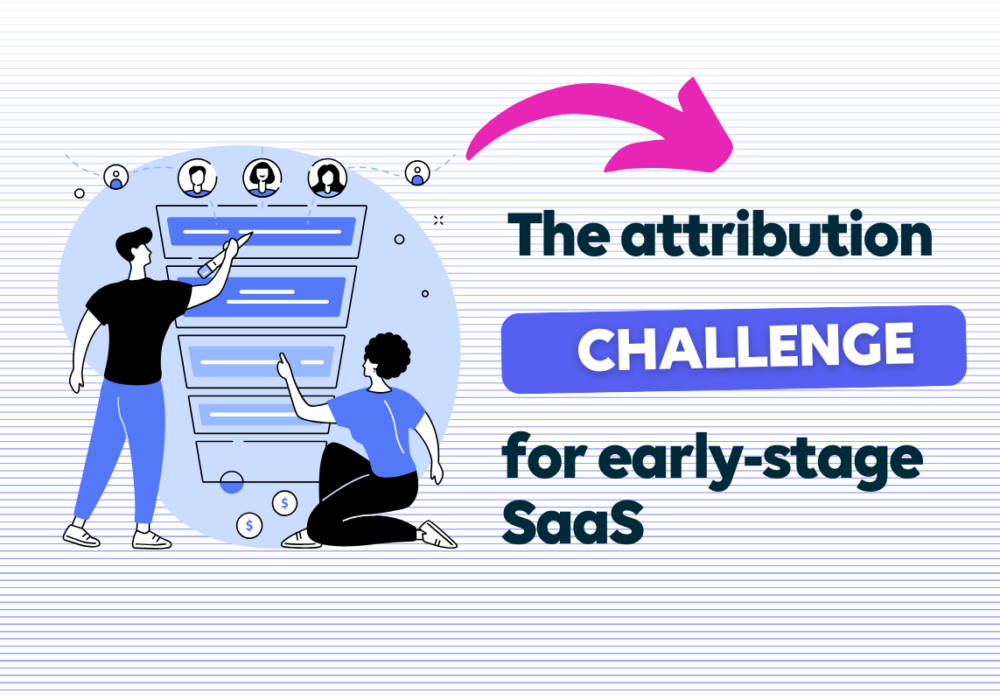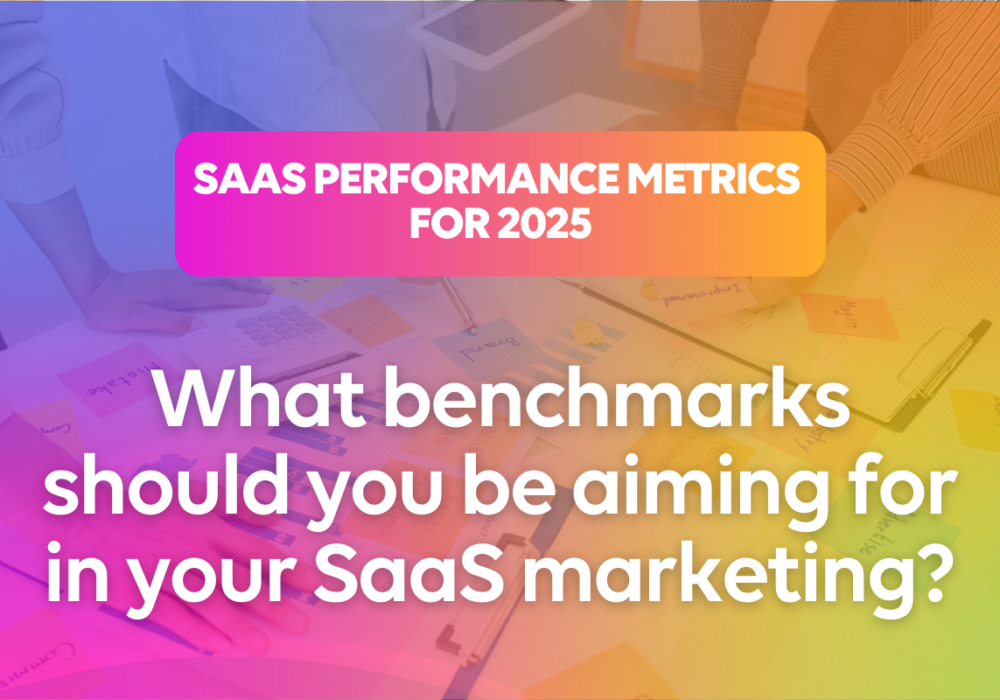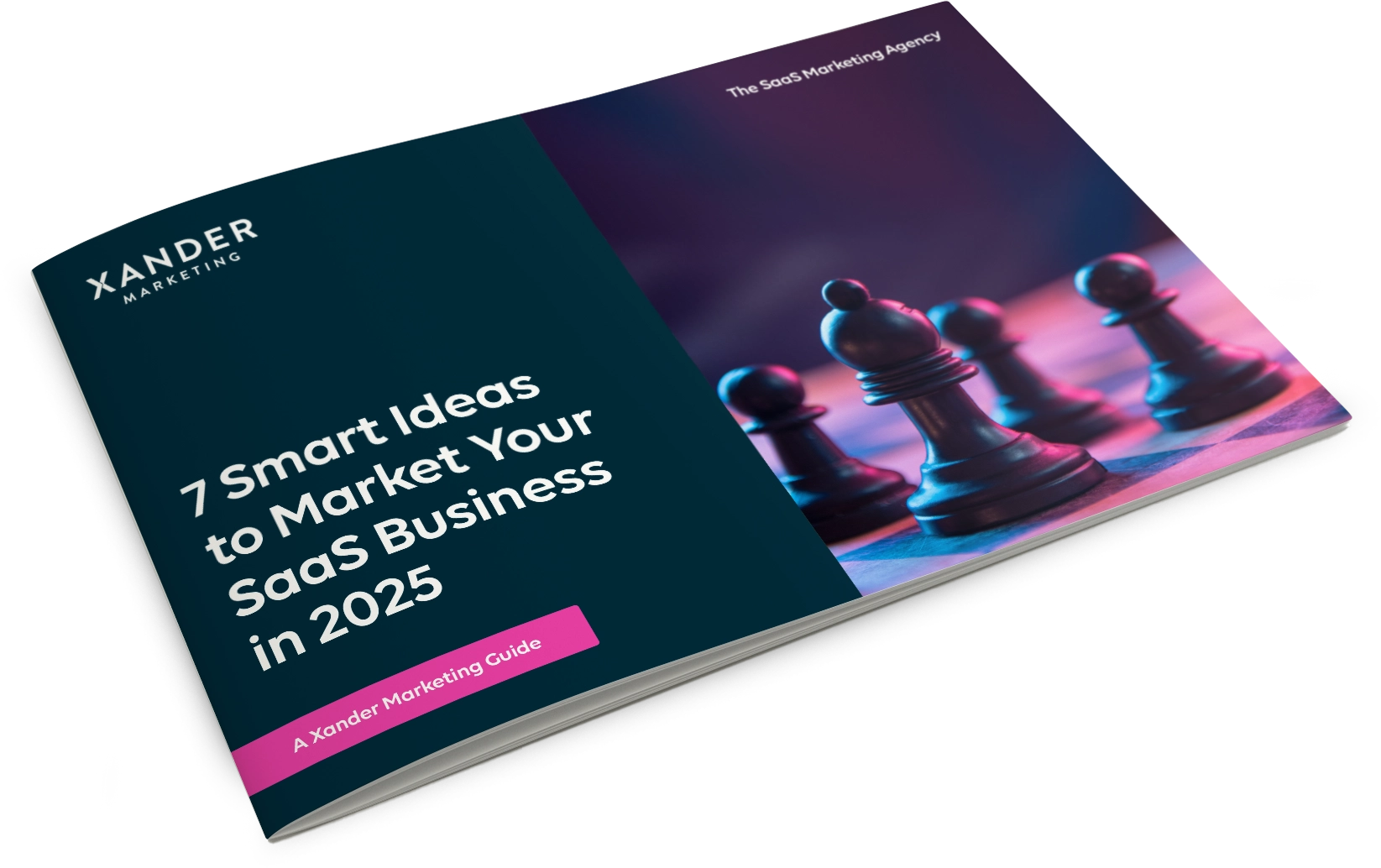Agency, Freelancer, Full-Time Marketer, or DIY? A Strategic Guide for Seed-Stage Founders
24th June 2025
The Marketing Talent Conundrum
As a seed-stage SaaS founder, how you resource your marketing function significantly impacts your growth trajectory and runway. It’s a strategic decision that directly affects your burn rate, growth velocity, and path to the next funding round.
Seed-stage companies have a lot on their plates! They need to establish their brand, generate initial leads, optimise their website, create content, and implement basic marketing automation – all while measuring results and adapting quickly. But what’s the most efficient way to accomplish this with limited resources?
Breaking Down the Numbers
Before diving into specific options, let’s examine the true economic impact of each approach.
Comparative Costs and Hidden Factors
| Resource Option | Monthly Cost | What You’re Really Paying For | Key Consideration |
|---|---|---|---|
| Mid-Level Agency | £2,500-£9,000 | Strategic direction, execution across channels, established processes, diverse expertise | Front-loaded results with 1-3 month ramp-up |
| Full-Time Marketer | £4,000-£6,000 base salary (£5,500-£9,000 fully loaded) | Deep product knowledge, complete alignment, long-term investment | Significant recruitment risk, 3-6 month ramp-up |
| Freelancer Team | £2,000-£5,000 | Specialised expertise, flexibility, lower commitment | Management overhead, coordination complexity |
| Founder-Led | £0 direct cost (£4,000-£7,000 opportunity cost) | Brand authenticity, perfect alignment, no cash expense | Significant time diversion from product and strategy |
Beyond these headline figures, consider:
For In-House: Recruitment (15-20% of first-year salary), benefits (20-30%), tools (£500-£1,500 monthly), management time, and turnover risk.
For Agencies: Onboarding investment, management time, and potential scope creep.
For Freelancers: Discovery time, coordination costs, and quality control cycles.
For Founder-Led: Opportunity cost of not focusing on product, strategy, and fundraising.
The Agency Route: Strategic Partnership
Working with a specialised marketing agency offers distinct advantages for seed-stage companies without established marketing functions.
Leading B2B SaaS agencies like Xander Marketing offer flexible engagement options designed for companies at different growth stages. Xander’s package structure provides clear options:
- Starter (from £2,500/month) – Establishes foundational marketing with strategy, content creation, PPC management, and basic reporting
- Professional (from £4,500/month) – Expands reach with additional content, SEO, and more comprehensive campaign management
- Fast Growth (from £6,500/month) – Provides increased marketing firepower with more frequent content, additional landing pages, and weekly strategic calls
- Dominator (from £8,500/month) – Delivers comprehensive marketing domination with extensive content, advanced SEO, conversion rate optimization, and detailed analytics
Seed-stage SaaS companies typically start with the Starter or Professional packages, making the £2,500-£4,500 monthly range most common for early-stage businesses.
The agency approach provides faster implementation (30-50% quicker than building capabilities from scratch), diverse expertise across multiple disciplines, established processes, cross-client insights, and scalable resources without recruitment overhead.
This route makes most sense when you need quick results (1-3 months), your marketing needs span multiple disciplines, you lack internal marketing expertise, and you prefer predictable monthly costs.
The Freelance Option: Maximum Flexibility
Working with freelancers offers flexibility but requires effective coordination.
Typical Engagement Models:
- Project-based contracts for specific deliverables
- Monthly retainers for ongoing needs (10-20 hours)
- Milestone-based agreements for larger initiatives
A seed-stage SaaS typically needs a content strategist/writer, digital marketing specialist, designer, part-time developer, and analytics support. Successfully working with this team requires strong coordination frameworks, clear briefing templates, and robust knowledge management.
Key Limitations to Consider:
- Management Overhead: Each freelancer requires individual briefing, feedback, and oversight – creating a significant time burden for founders or team leads.
- Quality Inconsistency: Finding reliable talent often requires “kissing many frogs” – expect to trial multiple freelancers before building a trusted network.
- Integration Challenges: Freelancers typically work with their own tools, timelines, and processes, creating potential misalignment without strong coordination.
- Collaboration Barriers: Unlike agency teams accustomed to working together, freelancers may struggle to collaborate effectively across disciplines.
- Knowledge Fragmentation: Critical institutional knowledge about your brand, audience, and results becomes scattered across multiple individuals.
The freelance model works best when you have well-defined projects, strong internal direction, capacity to manage multiple relationships, and fluctuating monthly marketing needs.
The In-House Marketer: Long-Term Investment
Hiring a dedicated marketer offers continuity and alignment but requires significant investment.
Mid-level marketing managers for seed-stage startups typically command £40,000-£60,000 annually, with fully-loaded costs reaching £70,000-£85,000 when accounting for taxes, benefits, recruitment, tools, and other expenses.
Most seed-stage companies aim to hire a marketing generalist with experience across multiple disciplines, though this “unicorn marketer” can be difficult to find and retain.
Setting realistic expectations is crucial: expect 25-50% productivity in month 1, 50-75% in months 2-3, and full effectiveness around months 5-6. This timeline has significant implications for runway calculations.
In-house marketing makes most sense when you have predictable ongoing needs, require deep product knowledge, have capacity to develop talent, and plan to build a larger marketing function over time.
The Founder-Marketer Approach: Bootstrapping Reality
Many seed-stage founders handle marketing themselves out of necessity. This approach depends on prior marketing experience, available time (realistically 10-15 hours/week maximum), and learning capacity.
The true cost is opportunity cost: time diverted from product development, strategic partnerships, customer development, and fundraising preparation. Assuming a founder could generate £250-£450/hour of value in their core areas, spending 15 hours/week on marketing represents ~£4,000-£7,000 weekly – often exceeding agency or freelancer costs.
This approach works best when you’re pre-product or very early stage, your personal brand is central to the company, or your runway demands absolute minimisation of cash expenses.
Finding Your Best Fit
To determine the right approach for your specific context, consider:
Time to Results: How quickly do you need to show marketing impact?
- Need results in <3 months? → Agency
- I can wait 3-6 months? → In-house or hybrid
- Longer timeline acceptable? → Founder-led or freelance
Marketing Complexity: How many disciplines are needed simultaneously?
- Multiple integrated channels? → Agency
- 2-3 core channels? → Hybrid approach
- Single focus area? → Specialist freelancer or focused hire
Funding Context: How does your runway affect your decision?
- Tight runway (<12 months)? → Flexible resources (freelance/part-time)
- Standard runway (12-18 months)? → Hybrid approach
- Well-funded (18+ months)? → Building internal capability
Growth Targets: What are your growth expectations?
- Aggressive targets for the next round? → Agency or hybrid
- Steady growth objectives? → In-house marketer
- Focusing on product over growth? → Minimal founder-led approach
Making the Right Choice for Your Business
As a seed-stage founder, your marketing resourcing decision sits at the intersection of financial reality, growth ambitions, and operational capacity. The right choice depends not on universally “best” approaches, but on alignment with your specific business context.
Successful seed-stage companies tend to adopt flexible approaches that evolve over time:
- Starting with founder-led strategy supported by external execution
- Gradually building internal capabilities in core areas
- Leveraging specialist external resources for technical execution
- Transitioning to in-house leadership as scale and runway permit
The most successful approach views marketing as a strategic investment rather than a cost center,one that can be optimised for your current stage while planning for future growth.
Need Help Optimising Your SaaS Marketing?
With over 16 years of experience working with more than 200 SaaS businesses, Xander Marketing understands the unique challenges of seed-stage companies. Our flexible engagement models are designed specifically for the needs and constraints of early-stage businesses.
Get in touch today for a free 30-minute consultation to discuss the right marketing approach for your stage and goals.


